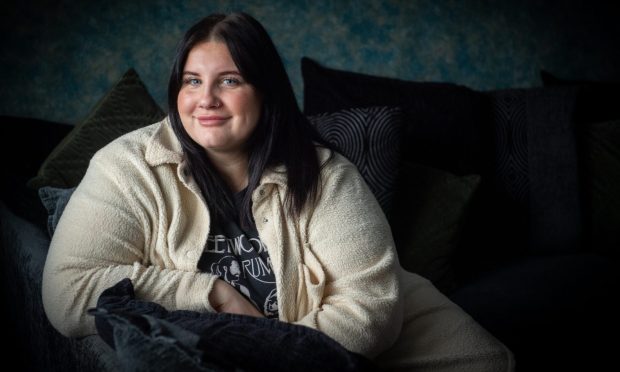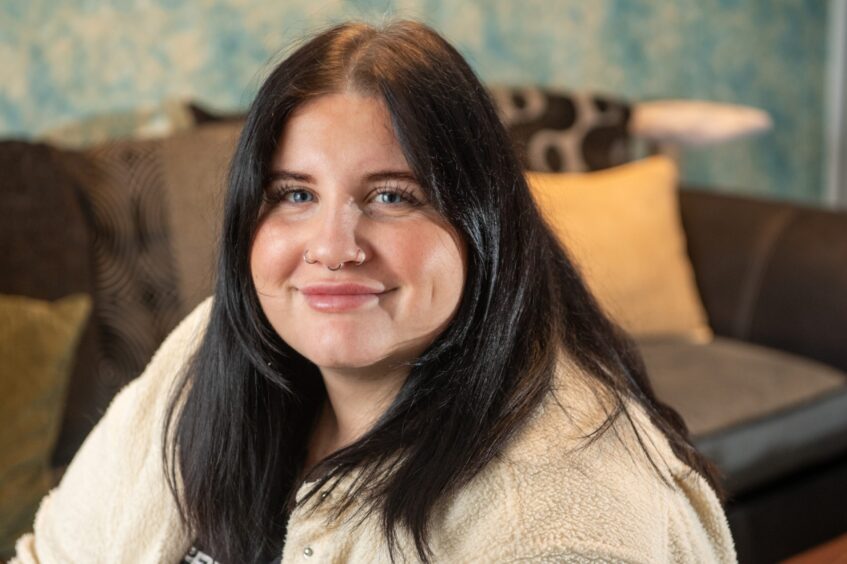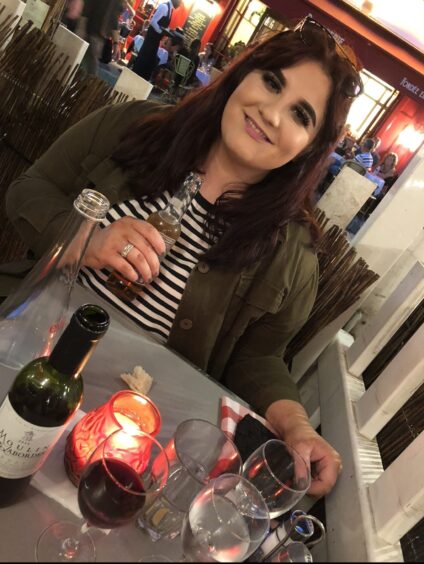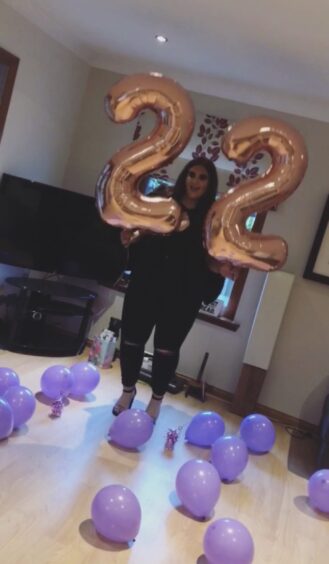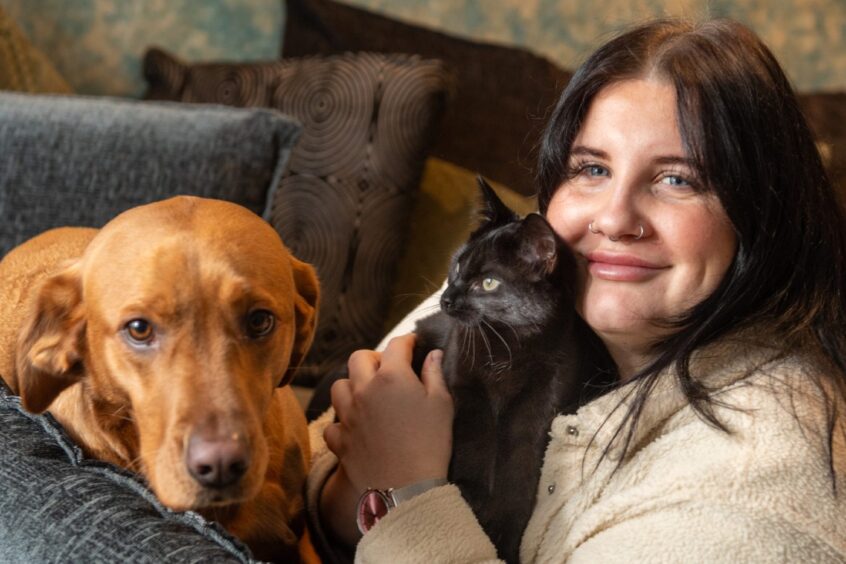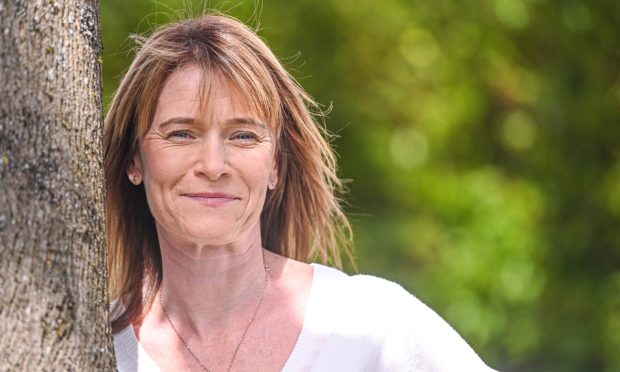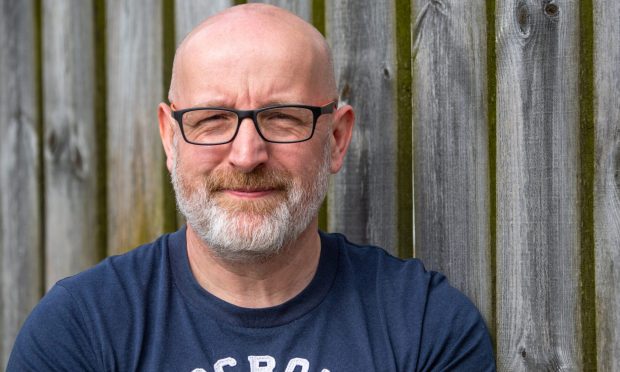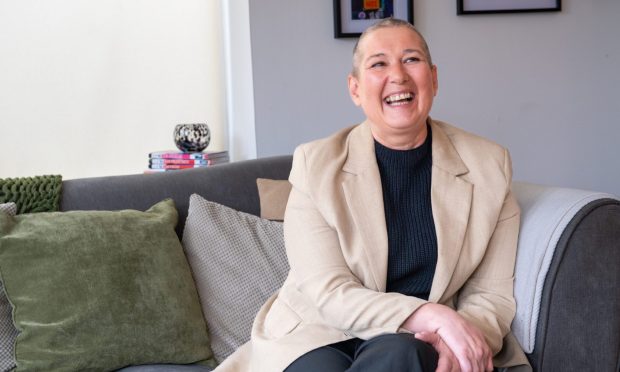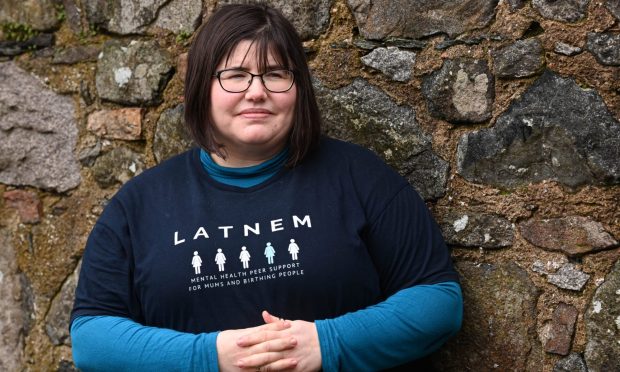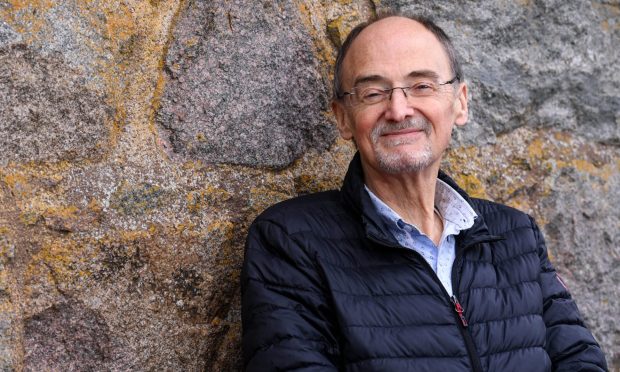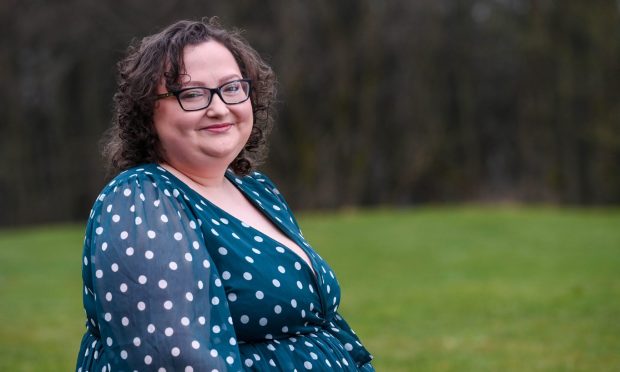The pain, says Rebecca Legge, was like nothing she had felt before.
“It was like being stabbed with a knife, a hot knife” she says. “I couldn’t even stand up properly.”
It was 2018, and Rebecca was 22. The pain started on a Monday, completely out of the blue, and refused to go away. She remembers it vividly as she could hardly walk.
Over the course of the week, Rebecca, from Bucksburn in Aberdeen, was in A&E almost every day. And though each time she was sent home with nothing more than co-codamol she knew something was wrong.
This wasn’t period pain or constipation as doctors kept insisting. This was something else.
A year later she was diagnosed with ovarian cancer. A few months after she was told she would never have children.
“You know nothing will ever really solve what’s happened,” says Rebecca, who is now 27. “Nothing will ever change or fix it. But yeah, it was quite hard to deal with.”
A cancer tumour the size of a cantaloupe melon
The realisation she would not be able conceive naturally didn’t happen immediately.
Rebecca’s cancer was stage one, and only confined to her ovaries, so surgery was scheduled to remove her left one.
This would have left her with one working ovary. However, doctors found her tumour was already quite advanced — the size of a cantaloupe melon — so ended up also removing her fallopian tubes and part of her right ovary.
She had a second operation in October to remove the rest of her right ovary because her eggs weren’t salvageable at the time.
The operations were a success and Rebecca was given the all clear from cancer before Christmas 2019.
She was relieved to have survived, especially given that survival rates for ovarian cancer in the north of Scotland is lower than other regions, according to an official study released last year.
But the loss of her ovaries was a heavy price to pay and she admits she didn’t cope well with the situation.
Meanwhile, the cancer diagnosis was a contributing factor to the end of a relationship Rebecca was in.
And a perceived lack of support from the NHS once surgery was finished left Rebecca feeling unsure of what her options were. This was despite the “amazing” support from friends and family, especially mum Deborah who was always there for Rebecca to turn to.
“I love the NHS, I’m so grateful for it,” says Rebecca, who works in the NHS as a health care support worker. “But the support just wasn’t there.”
Hearing from other women brushed aside by doctors
She soon found other issues to deal with.
Rebecca knows how rare it was for her to develop ovarian cancer at such a young age.
According to 2015-19 figures from National Cancer Institute, the percentage of new cases of ovarian cancer was 1.4% for women 20 and under, and 4.4% in women aged 20-34.
But she remembers the months of waiting for her diagnosis, and a sense that because she was a young woman her symptoms weren’t being taken seriously.
Aside from the pain, Rebecca says, her symptoms were relatively normal. She felt bloated and needed to pee a lot.
“The pain obviously wasn’t normal,” she explains, “but the other two symptoms were.”
After she spoke about her diagnosis on social media, she received messages from young women who — faced with similar symptoms and pain to Rebecca’s — felt brushed aside by doctors.
The messages continue to this day.
“Quite recently, a young girl, she messaged me and how she’s having an abnormal bleeding. She’s having to wait 25 weeks for a consultation because her smear test results came back unusual.
“Another girl had symptoms for the whole year, and still hasn’t gotten anywhere. And even my close friends, they’ve all have their own stories as well.”
Accused of being ‘too dramatic’
Rebecca maintains she is not out to slam the NHS. She knows first-hand the lack of funding and time available to staff.
But the groundswell of messages she has received, she feels, all point to a disturbing trend.
“I just don’t think young women are taken seriously enough when it comes to their health , especially with gynecological issues,” Rebecca says. “It’s always period pain or we are being too dramatic.
“The symptoms — and I’m a prime example — can turn into something a lot more sinister.”
Grateful for ‘an amazing life’ after ovarian cancer
Rebecca understands there was little chance of saving her own ovaries.
Ovarian cancer is difficult to detect, and the chances of preserving fertility in patients of reproductive age are dispiritingly low.
However, in the years since her cancer scare Rebecca has learned to accept her new body.
“I speak to my mum about everything, so having that helps,” she says.
“I have learned to you know, accept what I’ve been to deal with that. I’m determined for that and just, you know, live my life and do I’m so grateful because I have just such an amazing life.”
She does admit not having any ovaries does make dating more difficult.
“I do think about it a lot, like how hard would it be to explain to somebody,” she says. “What do you say? ‘By the way, I can’t have kids.’”
The appeal of adoption
When it comes to children, she does have options.
She still has a uterus, so can carry a child to term even though she can’t conceive. This, theoretically at least, opens the door to donor eggs and IVF.
She says she has thought about it but remains unsure. And, anyway, there are alternative paths such as adoption that appeal to her more.
“You know, there’s so many kids in the care system in Scotland, the UK and abroad that I do think that would probably be my first choice,” she explains. “With IVF comes a lot of heartbreak as well. It’s not always successful.”
Meanwhile, she is determined to carry on living her life.
Rebecca this week was picked as one of the 24 north-east women to strut their stuff at the 2024 Courage on the Catwalk organised by cancer charity Friends of Anchor.
“I’m so grateful,” she says of her life. “And I’m still here. So that’s the main thing.”
